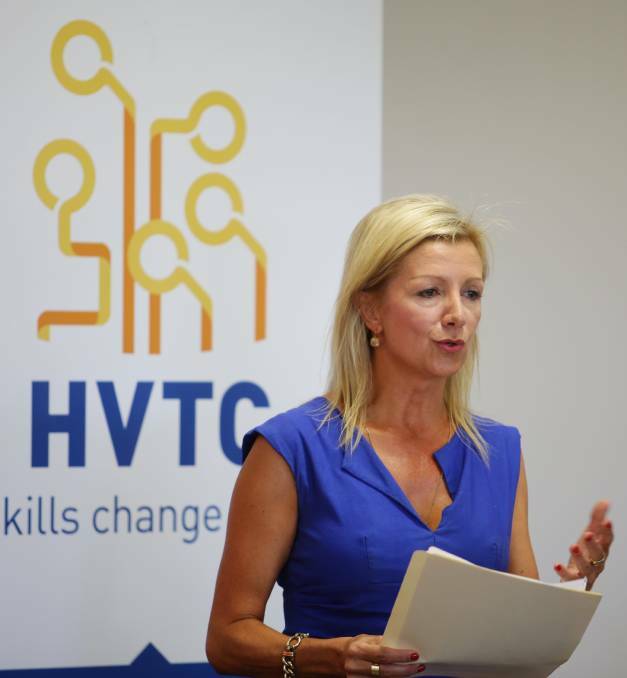
Maitland and the wider Hunter should brace for a massive apprenticeship shortage if the Federal Government does not provide additional financial support to organisations like Hunter Valley Training Company (HVTC).
Subscribe now for unlimited access.
$0/
(min cost $0)
or signup to continue reading
HVTC CEO Sharon Smith is concerned that if the apprenticeship intake is 30% lower in 2021 there will be a "lost to Covid" cohort of 2020 school leavers this year and next.
Hunter Business Chamber (HBC) has also expressed its concerns with CEO Bob Hawes calling for immediate government intervention to rescue work opportunities for more than 50,000 young people.
The call for action is in response to the report Skilling Australia for a better future: Supporting apprenticeships through COVID-19 produced by Business NSW on the impact of the pandemic on apprenticeships.
The report, compiled using data and survey responses from apprentices and employers in the Australian Apprenticeship Support Network, predicts the apprenticeship intake for 2020 will be more than 30 per cent lower than in 2019, dropping from 151,000 to 97,000.
"That's 54,000 predominantly young people missing out on the opportunity to upskill, reskill and get a job, and potentially thousands of businesses missing out on skills that they will need in coming years," Mr Hawes said.
Ms Smith said statistics HBC are reporting align with those of the National Apprentice Employment Network (NAEN) and other associations such as the AI group.
"I support the view that employers require a significant subsidy for wage support for both existing and new- starter apprentices and trainees post Job Keeper," Ms Smith said. "The NAEN proposed at least a $500 a week subsidy as have others which I support.
"Group training companies collectively employ almost 25000 apprentices and trainees and as a network work with thousands of employers across the country and are best placed to manage and support both Apprentices and Employers changing needs as we need to ensure we continue to build the skills needs of the economy as we recover," Ms Smith said.
Mr Hawes said apprentices were doing it tough. "But we hadn't realised how tough. These findings certainly support the feedback we have been receiving from businesses in the region about their capacity to train and retain apprentices in the current environment.
"Without significant intervention, the number of apprentices in training in 2021 will fall to levels not seen since 1998 and is unlikely to recover until 2025, even if the economy is on the path to recovery."
Mr Hawes said employers needed more support from Government, including a significant subsidy for new-starter apprentice wages and the continuation of subsidies for existing apprenticeships.
"The Supporting Apprentices and Trainees subsidy has been highly effective but needs to continue past September and be phased out over the next year," he said.
"The report also calls for an industry-supported pre-apprenticeship program to help apprentices prepare for the workforce, and subsidies for Group Training Organisations to support apprentices and their employers.
"COVID-19 has had a huge impact on businesses and we need to support those that are willing to provide training opportunities but are financially challenged by current circumstances."

